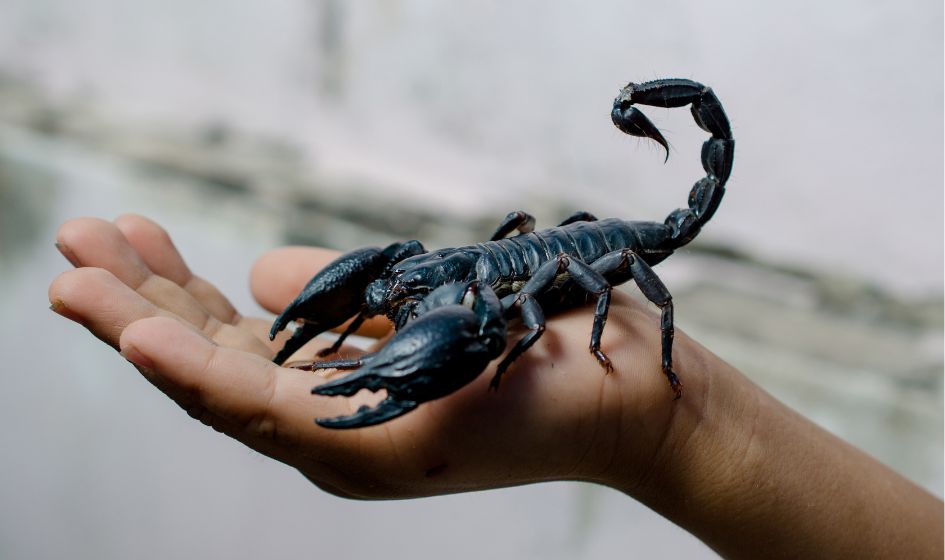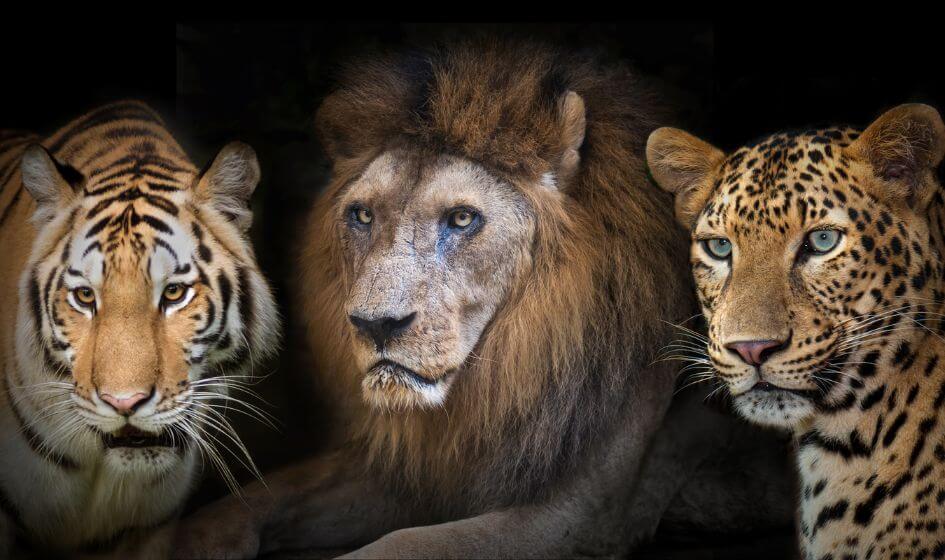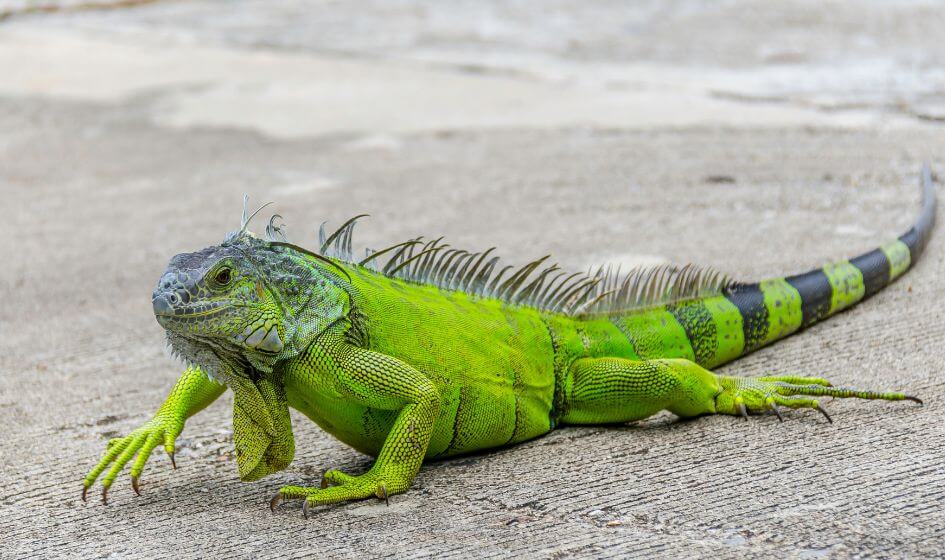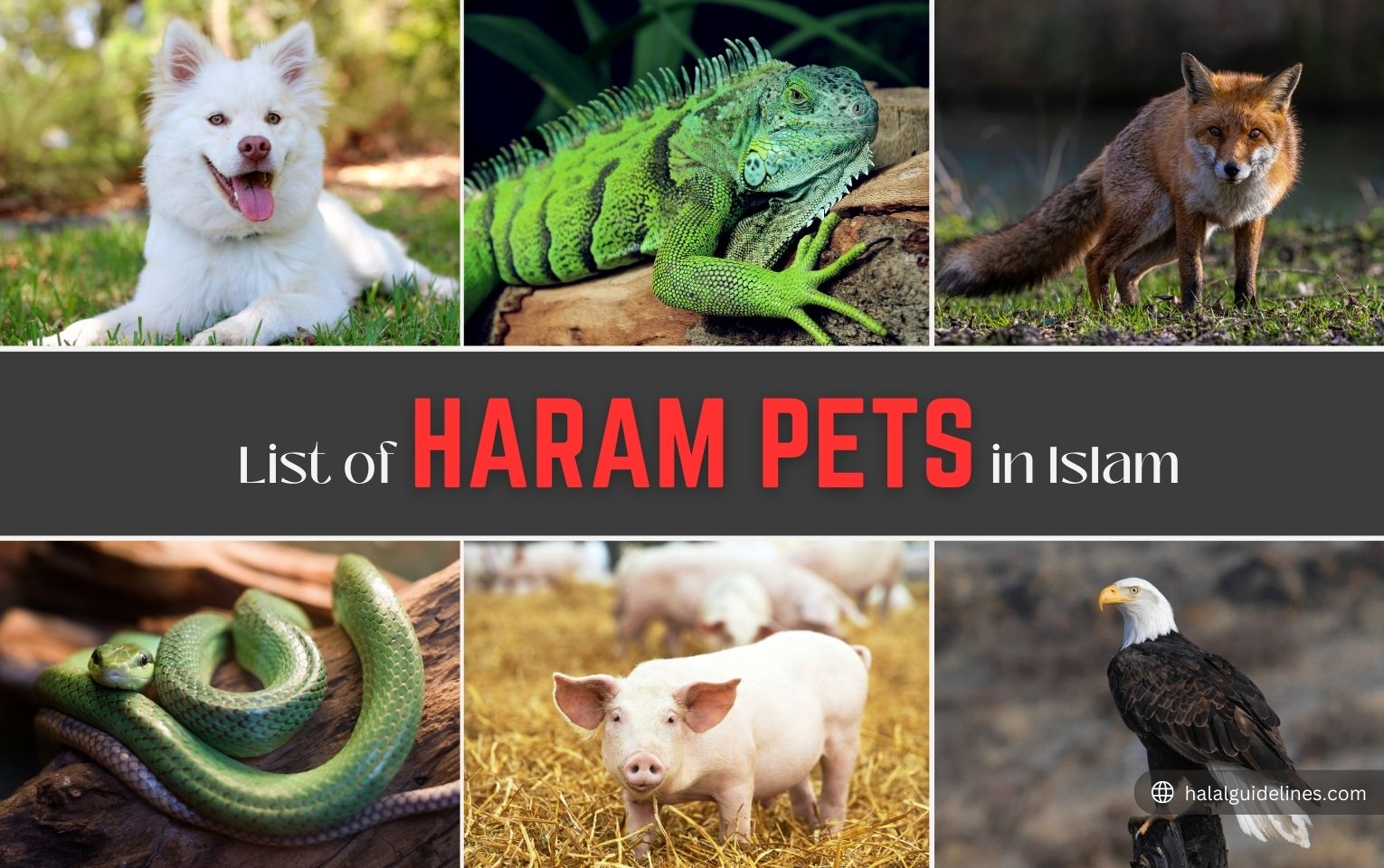In Islam, keeping pets is generally permissible, but we should know about what kind of animals are haram to keep as pets in Islam. This is based on teachings from the Quran and the Sunnah of Prophet Muhammad (peace be upon him).
There are some animals that Muslims should avoid having in their house due to their impure nature or the potential harm they may cause. It is important for Muslims to be mindful of these guidelines and make informed decisions when it comes to choosing a pet.
1. Dog:

The primary reason behind this prohibition is their impure or najis (unclean) nature according to Islamic teachings. It is believed that the saliva of dogs is impure, and their presence can lead to contamination and uncleanliness in a household.
We have a famous related hadith that we all Muslim knows that:
لاَ تَدْخُلُ الْمَلاَئِكَةُ بَيْتًا فِيهِ كَلْبٌ وَلاَ صُورَةٌ
Meaning: “Angels do not enter a house that has either a dog or a picture in it.”
Full Reference: Sahih Muslim, Book of Libations, Hadith 2106 and Sahih Bukhari, Book of Beginning of Creation, Hadith 3322.

This hadith shows how important it is to keep things clean and pure in Islam, especially when having pet dogs inside our homes. There are concerns about the potential dangers associated with keeping dogs as pets, such as biting or aggressive behavior towards humans or other animals.
You can read the full article on dogs by clicking on the link below:
2. Eagle:
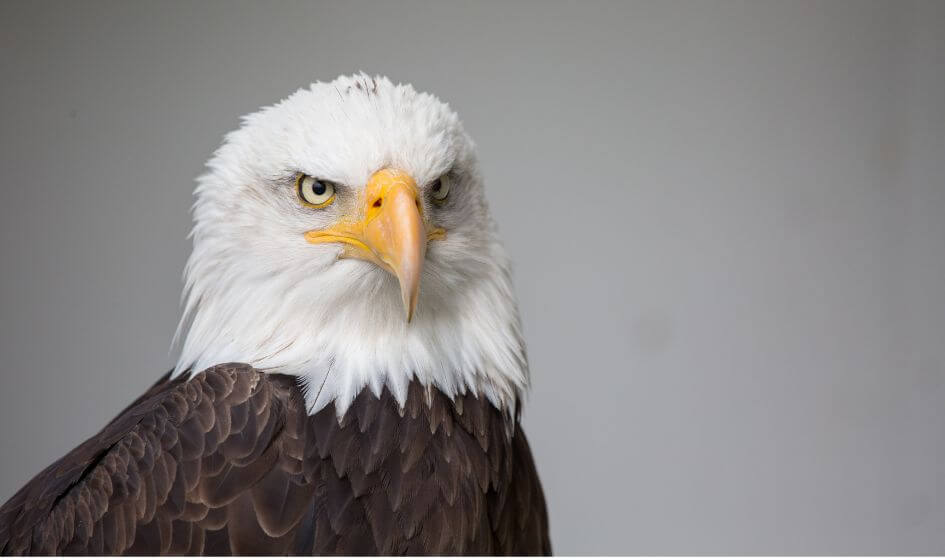
Eagles are haram the primary reason for this prohibition is that eagles are predatory birds that hunt and feed on other animals, including those that are considered haram (forbidden) to consume in Islam.
Eagles are known for their fierce and aggressive nature, which can pose a potential danger to humans, especially children. Keeping such powerful and predatory birds as pets is discouraged in Islam due to the risks involved and the potential for harm or injury.
3. Pig:
Pigs are strictly forbidden (haram) in Islam, not only as pets but also for consumption or any other purpose. The primary reason for this prohibition is the belief that pigs are impure and unclean animals, and their presence can lead to contamination and uncleanliness.
Also, pigs are associated with negative traits and habits, which are discouraged in Islamic teachings.
4. Snake
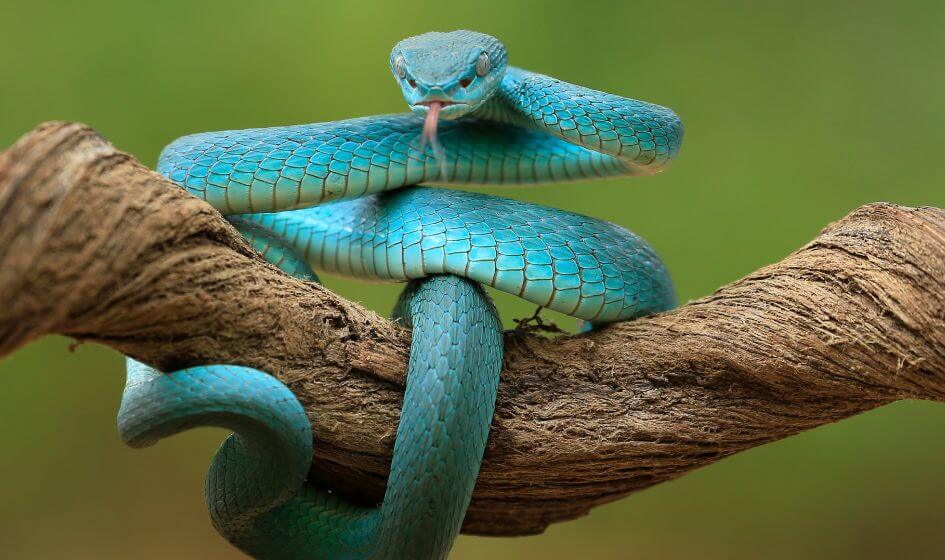
This prohibition applies to all types of snakes, including non-venomous species. The primary reason for this is that snakes are generally seen as unclean and impure animals, and their presence in a household is discouraged.
Here are related hadith Sahih Muslim, Hadith 5558 Regarding Killing Snake:
Arabic: حَدَّثَنَا أَبُو بَكْرِ بْنُ أَبِي شَيْبَةَ، حَدَّثَنَا عَبْدُ اللَّهِ بْنُ نُمَيْرٍ، عَنْ عُبَيْدِ اللَّهِ، عَنْ نَافِعٍ، عَنْ أَبِي سَلَمَةَ، عَنْ أَبِي هُرَيْرَةَ ـ رضى الله عنه ـ قَالَ قَالَ رَسُولُ اللَّهِ صلى الله عليه وسلم ” قَاتِلُوا الْحَيَّاتِ وَاقْتُلُوهَا Translation: Abu Hurayrah (may Allah be pleased with him) reported that the Messenger of Allah (peace be upon him) said: “Kill snakes and kill them.” It says that Muslims should kill snakes, especially if they’re not dangerous or poisonous, as mentioned in this hadith. Even non-venomous snakes can be potentially dangerous, and their unpredictable behavior can put humans, especially children, at risk of harm or injury. Snakes are often associated with fear and discomfort, which goes against the principles of peace and tranquility promoted in Islamic teachings. Also, read the article on snake link below: Snakes Haram Or Halal to Keep as Pets? Foxes are considered haram (forbidden) as pets. Fox is often associated with cunning and deception, traits that are discouraged in Islamic teachings. Foxes are known to be carriers of various diseases, such as rabies, which can pose health risks to humans. They are predatory animals that hunt and feed on other animals, including those that are considered haram (forbidden) to consume in Islam, such as carrion or other animals. These venomous creatures are associated with danger and potential harm to humans. Their sting can be extremely painful and, in some cases, even life-threatening, especially for children or individuals with allergies or compromised immune systems. Keeping scorpions as pets not only poses a risk to the owners but also goes against the Islamic principles of safety and well-being. Islam encourages us to avoid any practices or behaviors that can potentially harm ourselves or others. Crocodiles are considered haram (forbidden) as pets in Islam. These reptiles are known for their deadly and aggressive nature, making them extremely dangerous to keep as pets. Crocodiles pose a significant threat to human life and can inflict severe injuries or even cause death with their powerful jaws and sharp teeth. Islamic teachings tell the importance of prioritizing safety and avoiding practices that can endanger oneself or others, making it impermissible to keep crocodiles as pets. Check out the click on the link: List of Halal Pets in Islam These powerful and majestic animals are predators and are known for their strength, agility, and potential for harm. Keeping such large and dangerous animals as pets not only poses a significant risk to human life but also goes against the Islamic principles of safety and well-being. These animals are associated with fear and intimidation, which is discouraged in Islamic teachings that promote peace and security. These predatory animals hunt and feed on other animals and humans too. Some people say we train them so they should be loyal to us but they do not have a nature because there is a reason why they are known as wild animals. So, please avoid having that kind of animal. Monkeys are also considered haram pet. While they may appear harmless or even entertaining, keeping monkeys as pets is discouraged due to their potential to carry diseases and infections that can be harmful to humans. Monkeys are known for their mischievous and unpredictable behavior, which can lead to property damage or even physical harm, especially to children. Islam teaches cleanliness, safety, and order in one’s household, and keeping monkeys as pets goes against these principles. Iguanas can carry various diseases and parasites, posing potential health risks to humans. Iguanas are known for their aggressive behavior and defensive mechanisms, such as whipping with their tails or biting, which can potentially harm individuals. Keeping iguanas as pets is considered impermissible according to Islamic guidelines. These predatory animals are known for their fierce and aggressive nature, which can pose a significant threat to humans. Wolves are associated with danger and fear, which goes against the principles of peace and tranquility promoted in Islamic teachings. Wolves are carnivores that hunt and feed on other animals, including those that are considered haram (forbidden) to consume in Islam. That is why we as Muslims do not have permission to have them in our house or as pets. May Allah always guide us on the path our Prophet Hazrat Muhammad (S.A.W) walked on!
